10 simple cardiac physiotherapy exercises to do at home.
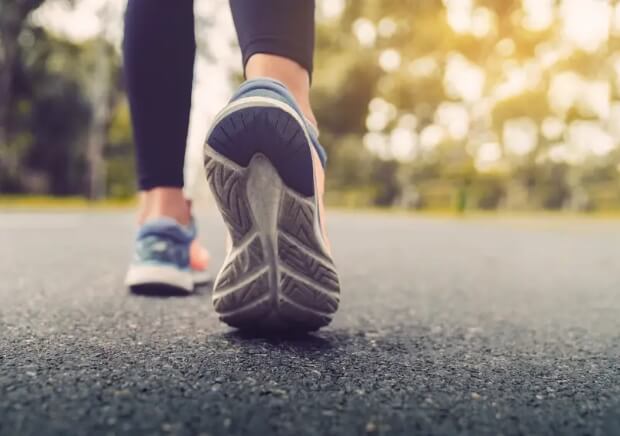
Image 1: Brisk walking, source: insider.com
1. Brisk Walking
A 15-30 minutes of brisk walking is considered as one of the best cardio exercises. It imposes oxygen demands on the body and promotes cardiovascular and respiratory strength. Avoid brisk walking if you feel breathlessness or difficulty breathing.
Stop and rest for a while, once you catch your breath again continue walking at your own pace.
2. Jogging in place
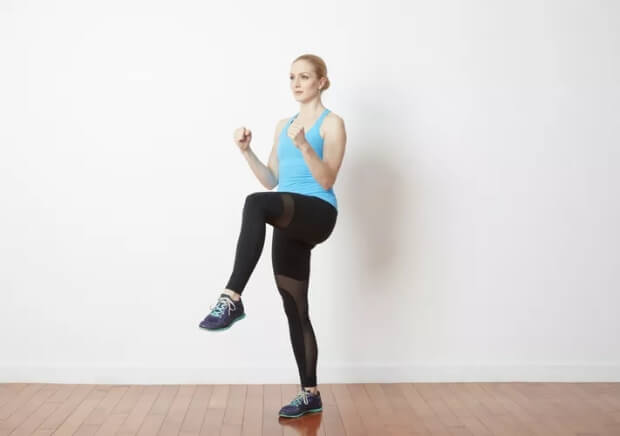
Image 2: jogging in place, Source: verywellfit.com
Jogging in place is an effective way to improve cardiovascular strength without having any chances of risk. It is a very easy and effective cardio exercise. Stand with your feet hip distance apart and lift your foot alternatively at the same spot to jog in place.
3. Marching in place
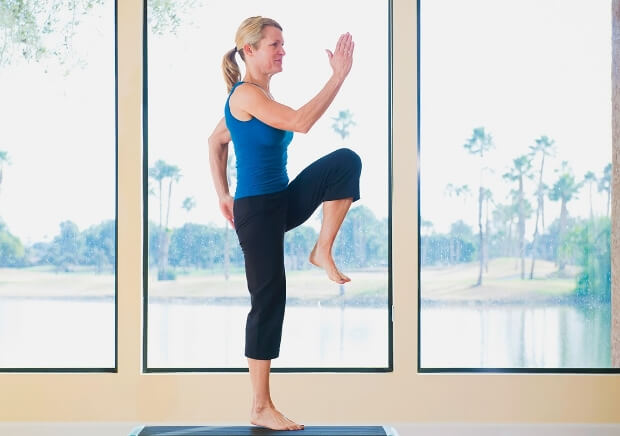
Image 3: marching in place, Source: everydayhealth.com
Marching in place is the simplest way to achieve cardiorespiratory fitness at your home. Stand with your feets, hip distance apart and lift your legs alternately such that your knee reaches the waist level with each march. Perform as long as it’s comfortable. You can adjust the level your knee goes accordingly.
4. Dance to music

Image 4: Free dancing, Source: theodysseyonline.com
Play music of your choice and dance to its beat. Zumba, jazz and ballet are certain forms of aerobic dances. A 15-30 minutes of dance everyday can improve your cardiac capacity.
5. Skipping a rope
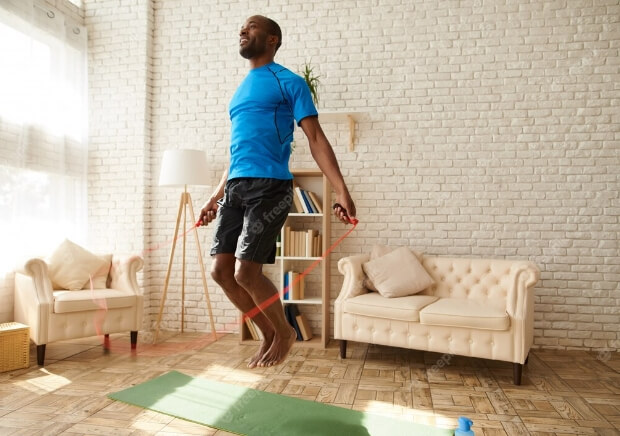
Image 5: skipping rope, Source:freepik.com
Skipping rope is the most common activity performed by many sports individuals as a warm up activity. Rhythmic rope skipping can improve coordination and cardiovascular endurance. You can increase the difficulty by switching from both legs to single leg skipping.
6. Jumping jacks
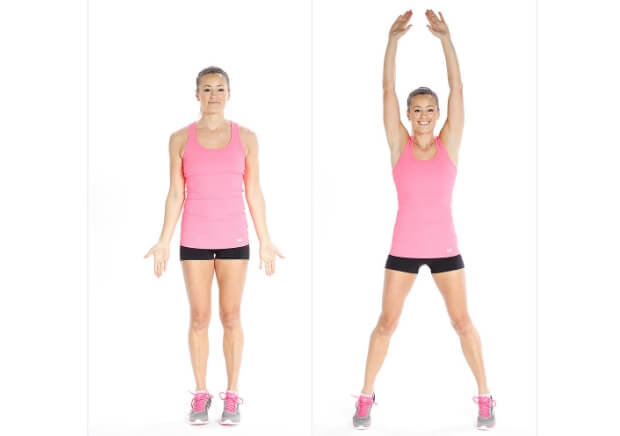
Image 6:Jumping Jack, Source: trainer.ae
To perform a jumping jack, stand straight with your feet shoulder width apart, then jump moving your arm up towards your head and open your legs as wide as possible. Return to the starting position with another jump. Continue doing as desired and comfortable.
7. Arm circles
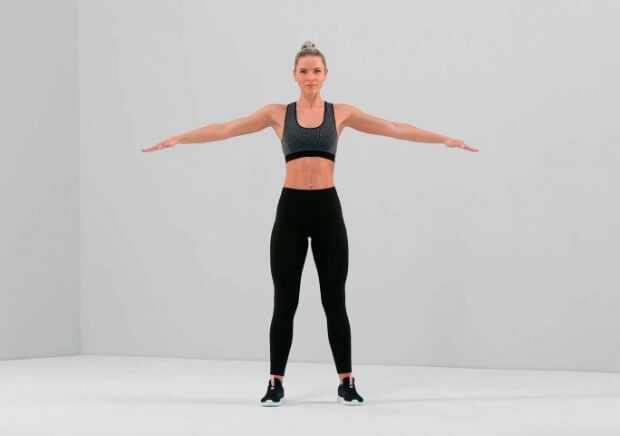
Image 7:Arm circles, Source: verv.com
To perform arm circles stand or sit comfortably. Move your arm sideways till the shoulder level, Do not bend your elbow. Now rotate your arms together or one at a time forming big circles, clockwise and then anticlockwise direction.
8. Stair climbing
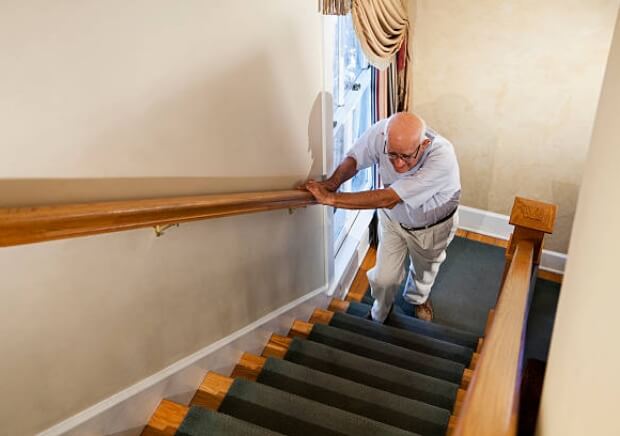
Image 8:Stair climbing, Source: istockphoto.com
Stair climbing is an excellent cardio exercise which can be easily done at home. Ascending and descending multiple flights of stairs is a simple way to improve cardiovascular strength. Take precautions while working on the stairs, to avoid any chances of fall. Use a handrail while walking through the stairs. Wear shoes instead of slippers while exercising.
9. Squat jumps
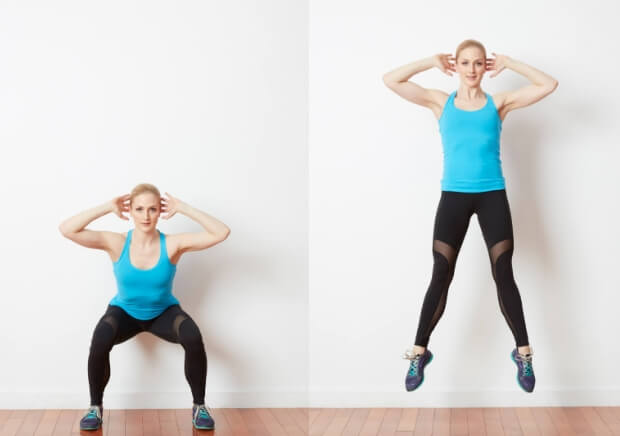
Image 9: Squats: Source: verywellfit.com
Squat jumps improve agility and power. Stand with your feet shoulder width apart and knees slightly bent. Bend your knee a little lower to attain a full squat position. Now jump by straightening your knee up and above the ground. Return back to the original position. Repeat as desired.
10. Glute Bridge
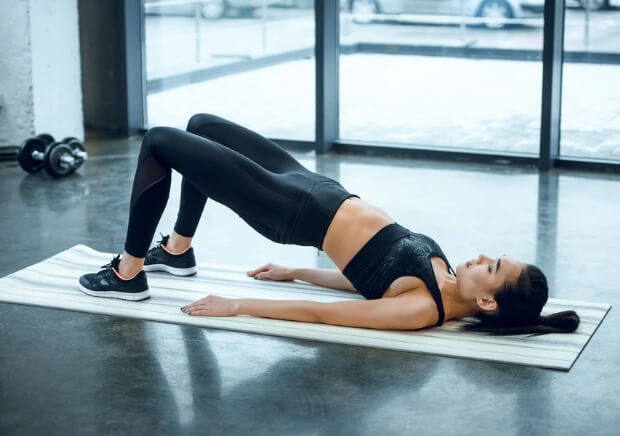
Image 10: Glute Bridge, Source: swolverine.com
Start the exercise by lying flat on the ground, bend your knees and feet flat on the ground with arms by your side. Now push through your heels and raise your hips off the ground. Pause for 1-2 seconds. Feel the strength on your abdomen, buttocks and thigh muscles. Do not hold your breath. Now gently return back to the starting position
Precautions that needs to be taken
Exercising can prove to be very beneficial but only when it is performed with complete precautions and care. There are certain precautions which you should always follow before, during and after exercising to avoid any risk.
-
Precautions taken before exercising
Wear comfortable and unrestricted clothing and non slippery footwear
Include 5 minutes warmup period to your exercises
Take a note of your vitals before exercising
Avoid exercising if not feeling well, or having fever.
Do not exercise empty stomach or with heavy meals,take light meals(toasts, fruits)
Clear the space around , to avoid the chance of injury.
Start with low exercises and increase the activity level gradually
Take your medications before exercising, if any
Take a note of weather, avoid exercising during extreme hot and cold days -
Precautions taken during exercises
Keep yourself hydrated while exercising, as there is loss of water in the form of sweat.
Do not hold your breath while exercising
If asthmatic, keep your inhaler within your reach.
Try to work at your own pace with no discomfort
Take rest for a while if you feel breathless, continue exercising after some time.
Avoid exercising with sudden twisting and jerk, it can cause pain and cramps.
Try to engage core and back muscle for maximum effect -
Precautions taken after exercising
Engage in a 10 minute cool down period
Take a note of your vitals, after completing your exercises
Do not take a shower immediately after exercising.
